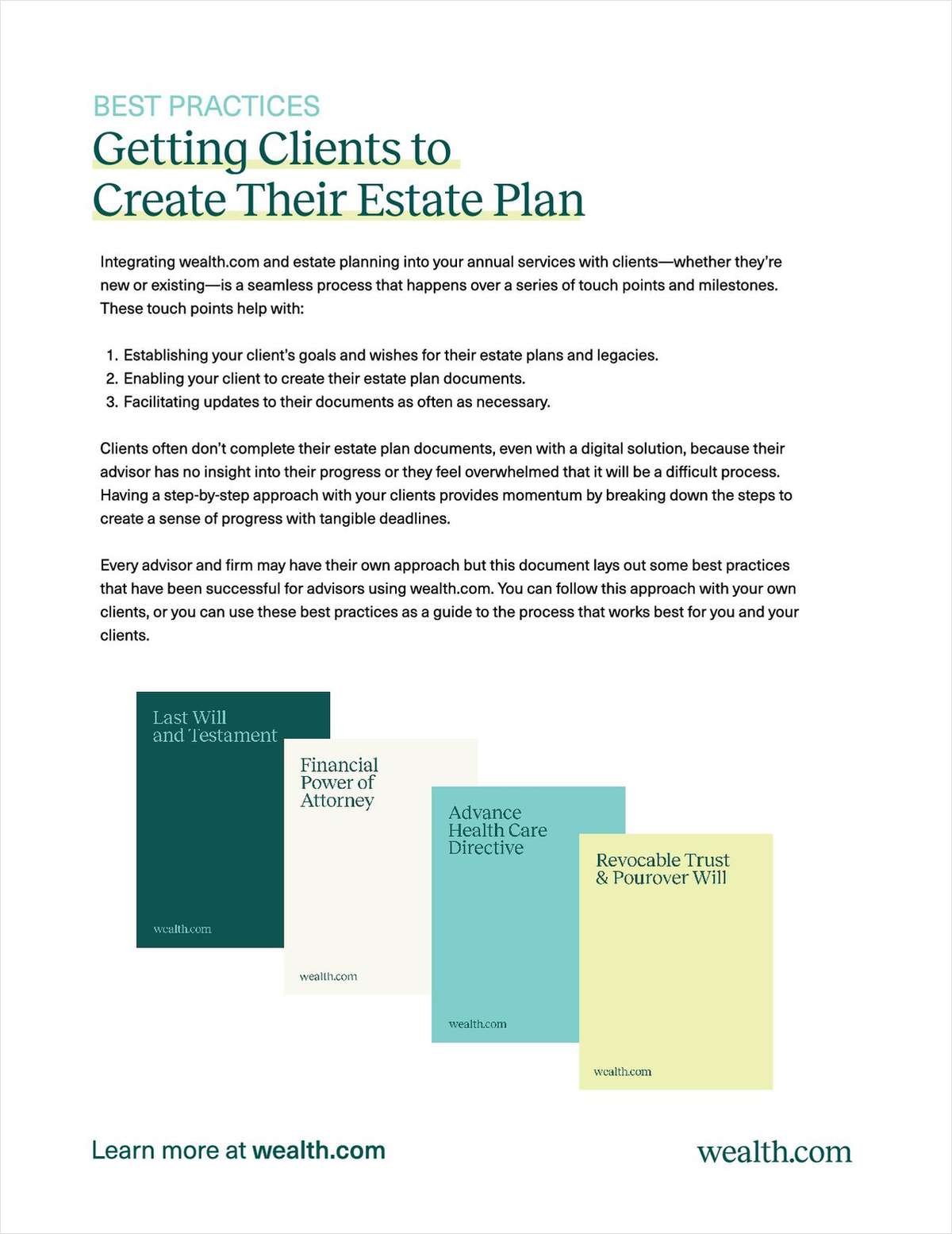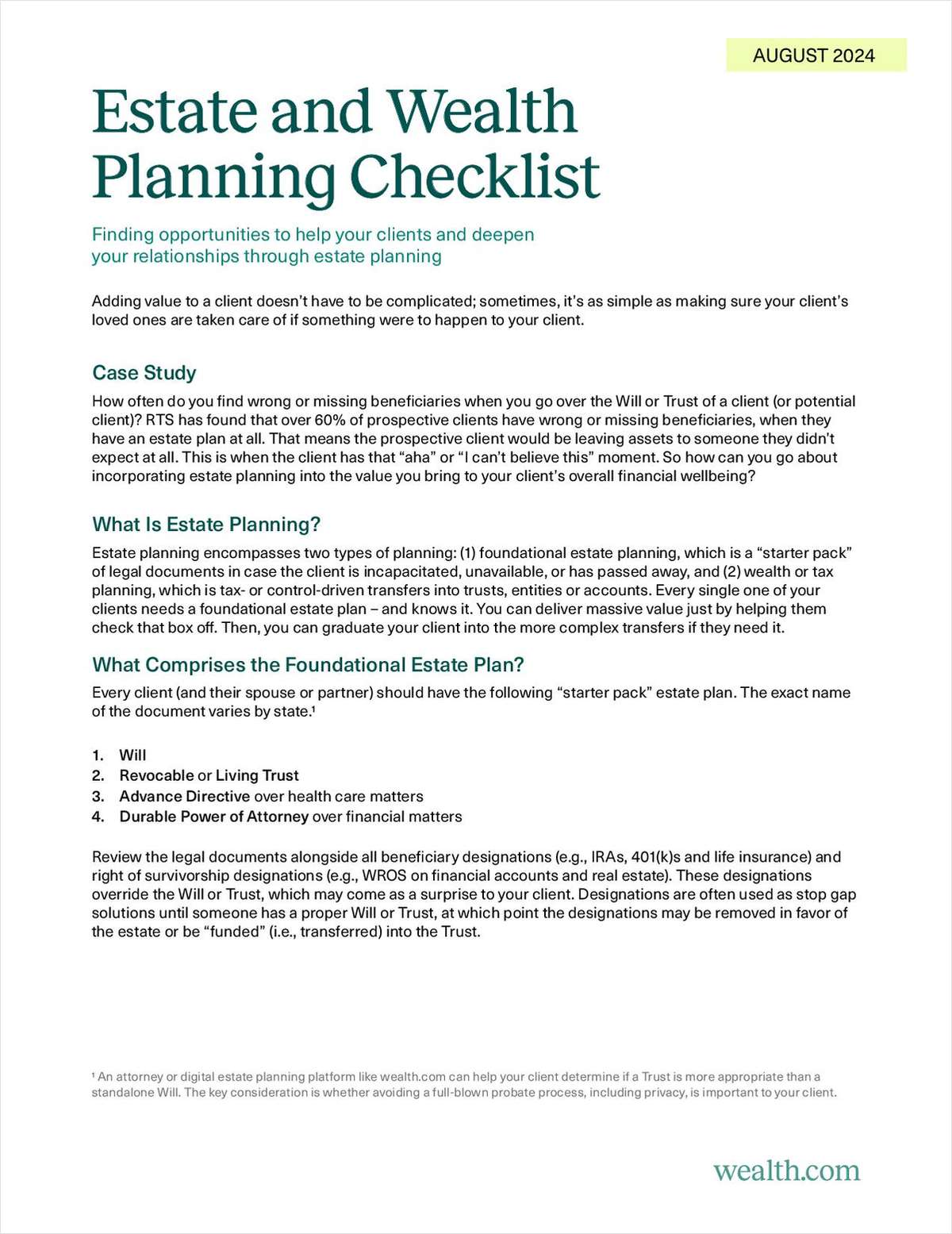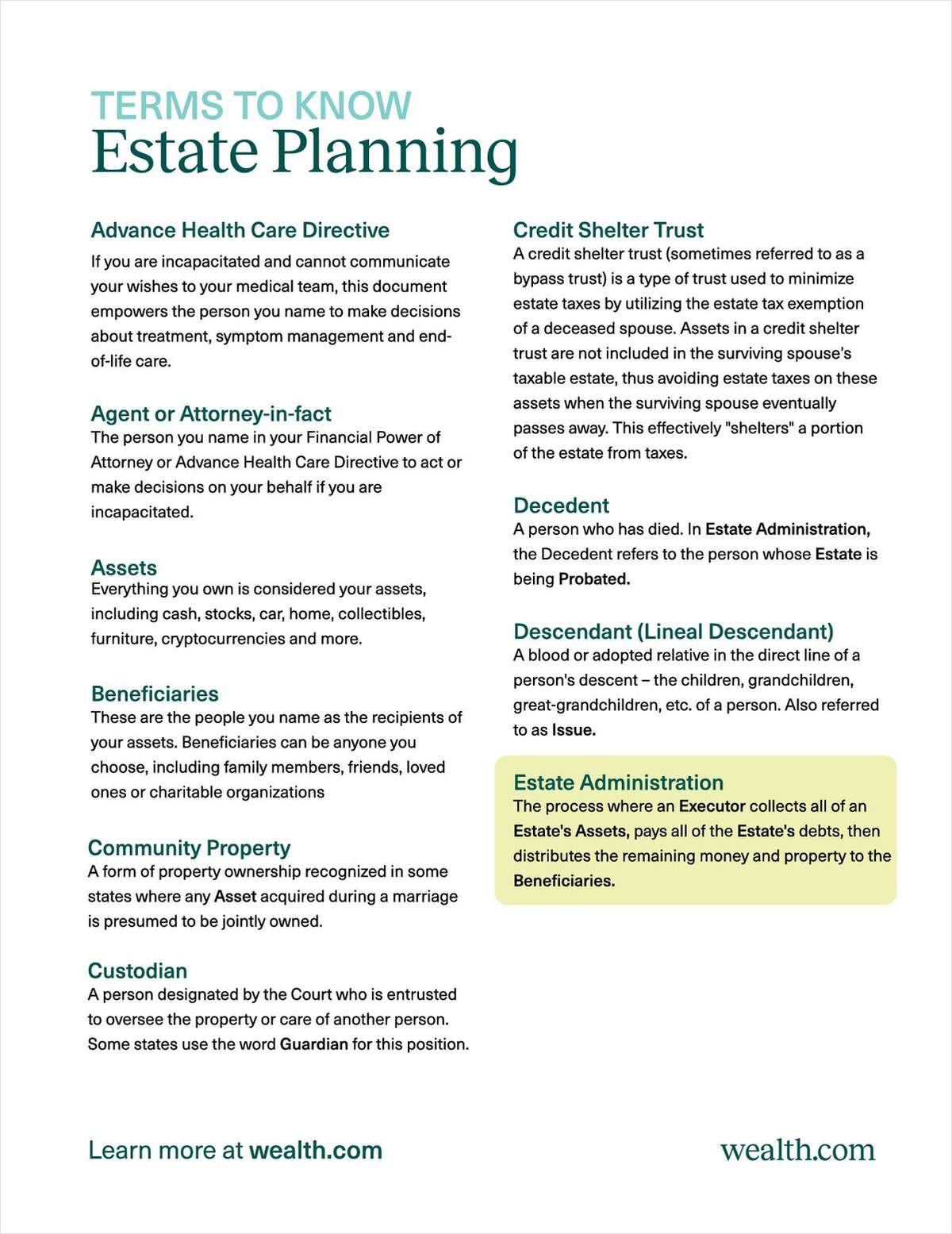During nearly 40 years as a psychotherapist, I've tried to help people learn to love themselves and treat themselves well in the deepest sense. This can be very difficult work, but when people become comfortable with their feelings instead of fleeing into destructive habits and behaviors, they often find it easier to achieve success and happiness in all aspects of their lives.
So when I came across "Beyond the PIG and the APE: Realizing Success and True Happiness," a new book by Krishna Pendyala, coach and COO of Waldron Wealth Management in Pittsburgh, I was delighted to find a simple, usable guide that demystified some of the concepts and processes I've been teaching for years. It seemed to me that advisors and their clients could enhance their professional and personal lives by learning to apply the simple and valuable teachings in this book.
I connected with Pendyala for a discussion of what happiness and success are really all about and why we so often have to struggle to attain them.
We're all trying to achieve happiness and success in our lives. What gets in the way of these goals?
We are often told that happiness can be found by looking within ourselves. But here's the problem: Since the secret is not likely to be lying in a box marked "Happiness," what exactly should we be looking for? What we need is a simple, friendly and easy-to-adopt practical guide to this inner search. We need to know what to look for and what to look out for. I coined the terms PIG and APE to describe the hidden inner creatures that often lead us astray.
Both the PIG and the APE are innate human drives. These are acronyms, but they also mimic the behavior of the animals they represent. The PIG is our drive to Pursue Instant Gratification, and the APE is our drive to Avoid Painful Experiences.
Both of these drives evolved to help us feed and protect ourselves. Yet often they can sabotage our chances for happiness and success. They make us focus on instant but fleeting rewards. This behavior is simply our human instinct to move toward pleasure and away from pain—which we all do, all the time.
Can you give an example of PIG behavior?
The day after Thanksgiving—"Black Friday"—awakens the PIG in millions of Americans and sends them stampeding to the malls. On Black Friday of 2008, at a Wal-Mart in Long Island, the stampede turned lethal. Customers bursting through the doors at the 5 a.m. opening time trampled a store employee to death. Even if you think you would never have been part of this group, I'm sure you know what I'm talking about.
We can all relate to feeling driven to acquire or achieve something in a way that blocks out our awareness of other people, as if the pursuit of instant gratification was the only thing that mattered in life. How about an example of when the APE runs the show?
I can think of a very timely example. Now that Christmas is approaching, if you're not sure how to satisfy your parents as well as your spouse's family, you may be planning how to avoid both of them, maybe by scheduling a vacation out of the country.
Certainly the holiday season gives us ample reminders of painful experiences and other memories we want to avoid, not to mention present-day stresses. In your view of things, how can we choose to act and react differently?
The way through this maze is simply through awareness. By growing aware of how this inner mischief distorts and limits us, we naturally open up to a larger state of being: joyful, creative and fully present to life.
You don't see the PIG and the APE as inherently bad, do you?
No, the PIG and the APE are helpful. In fact, they're critical in keeping you alive. You get into trouble when they start to serve the Ego. That's when they get confused about their purpose. They only know how to feed and protect; they cannot distinguish between your Ego (your mind-made self) and your natural self.
Can you describe a little more fully how the Ego affects our behavior?



